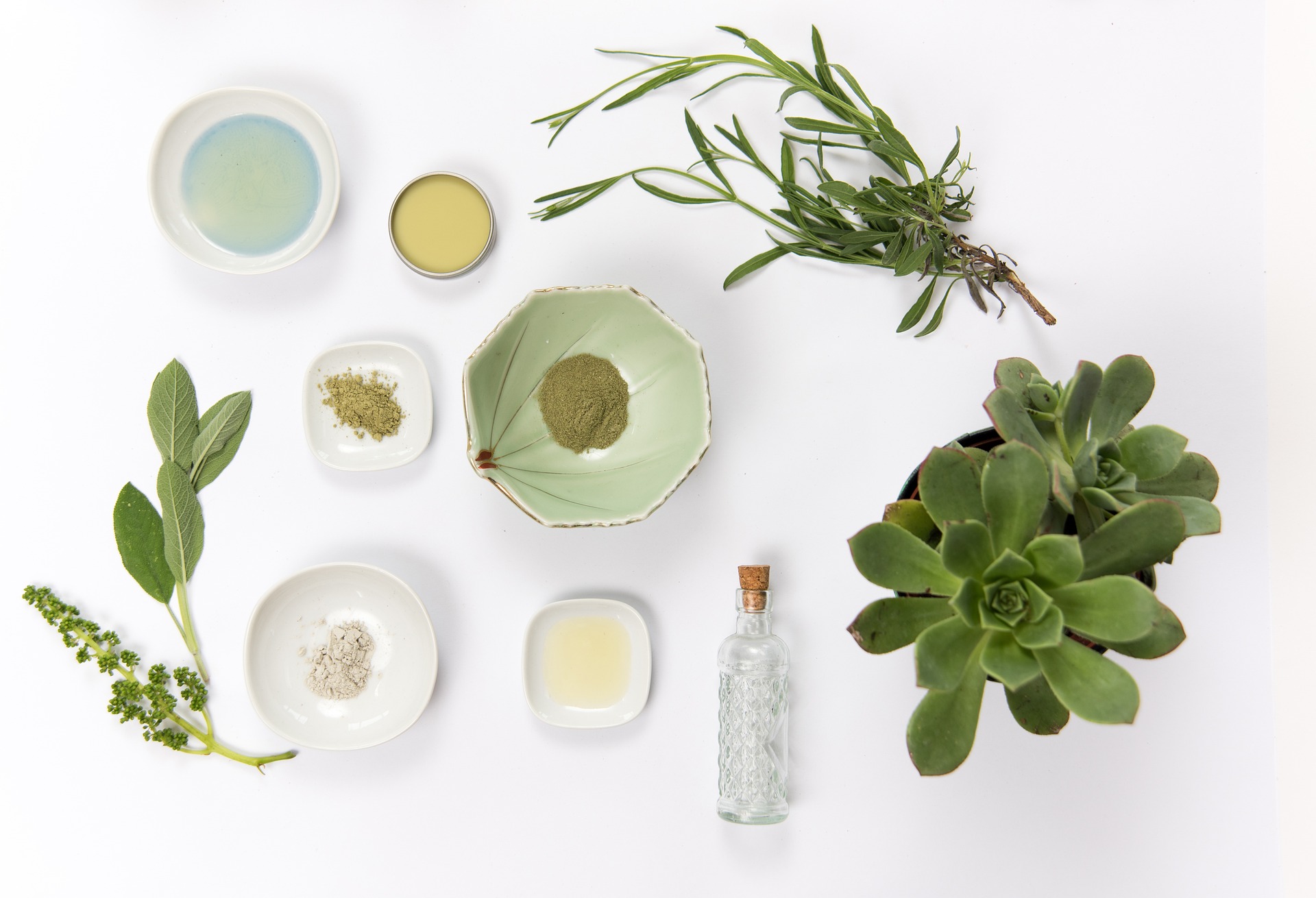The Power of Plant-Based Beauty: A Deep Dive into Phyto-Wellness
In the realm of beauty and fitness, there are myriad trends that ebb and flow with the passage of time. However, some prove to be more than mere fads, solidifying their place in the industry with their profound benefits and wide-ranging appeal. One such trend is the use of plant-based products in beauty routines, a practice that has its roots in ancient times and continues to be relevant in the modern world. Let's delve into the world of phyto-wellness and explore how plants have come to play such a vital role in our quest for beauty and well-being.

The Roots of Phyto-Wellness
The use of plants in beauty and wellness practices dates back to ancient civilizations. Egyptians used aloe vera to heal wounds and maintain healthy skin, while the Greeks and Romans used olive oil for its moisturizing properties. In India, Ayurvedic practices incorporated a variety of plants and herbs for their medicinal properties. Fast forward to today, and the use of plant-based products in beauty routines has become more than just a trend, it’s a lifestyle choice for many.
Phyto-Wellness in Today’s World
Today, the beauty industry is experiencing a green revolution. Consumers are becoming more conscious about the products they use on their skin, opting for natural, plant-based products over synthetic ones. This shift is influenced by a broader societal movement towards sustainability and wellness.
According to experts, plant-based beauty products are often packed with antioxidants, essential oils, and other natural compounds that can provide numerous benefits for the skin. Additionally, these products are generally more eco-friendly, as they typically require fewer resources to produce and result in less environmental waste.
The Benefits of Plant-Based Beauty
Plant-based beauty products offer a number of benefits that extend beyond their environmental impact. For one, they’re often gentler on the skin. Many synthetic products contain harsh chemicals that can cause irritation, while plant-based alternatives tend to be more soothing and less likely to cause allergic reactions.
Furthermore, many plant-based products contain potent bioactive compounds that can provide specific benefits. For example, products containing tea tree oil have natural antibacterial properties, making them excellent for treating acne.
Market Relevance and Impact
The appeal of plant-based beauty products is evident in their growing market share. According to a report by Grand View Research, the global organic personal care market size was valued at $13.33 billion in 2018 and is expected to grow at a compound annual growth rate (CAGR) of 9.4% from 2019 to 2025.
The rise of plant-based beauty is also influencing the strategies of major players in the beauty industry. Many established brands are incorporating more natural ingredients into their products, while new, plant-focused brands are emerging and gaining popularity.
The Future of Phyto-Wellness
Looking ahead, the future of phyto-wellness in the beauty industry appears bright. As consumers continue to prioritize personal health and environmental sustainability, the demand for plant-based beauty products is likely to grow. Experts predict that innovations in botanical extraction methods and biotechnology will lead to the development of even more effective plant-based beauty products.
In conclusion, the power of plants in the beauty industry is undeniable. From their historical use in ancient beauty rituals to their modern-day role in eco-friendly skincare, plants have proven to be a vital component of our quest for beauty and well-being. As we continue to explore the vast world of phyto-wellness, we can look forward to discovering new ways in which the natural world can enhance our beauty routines.






